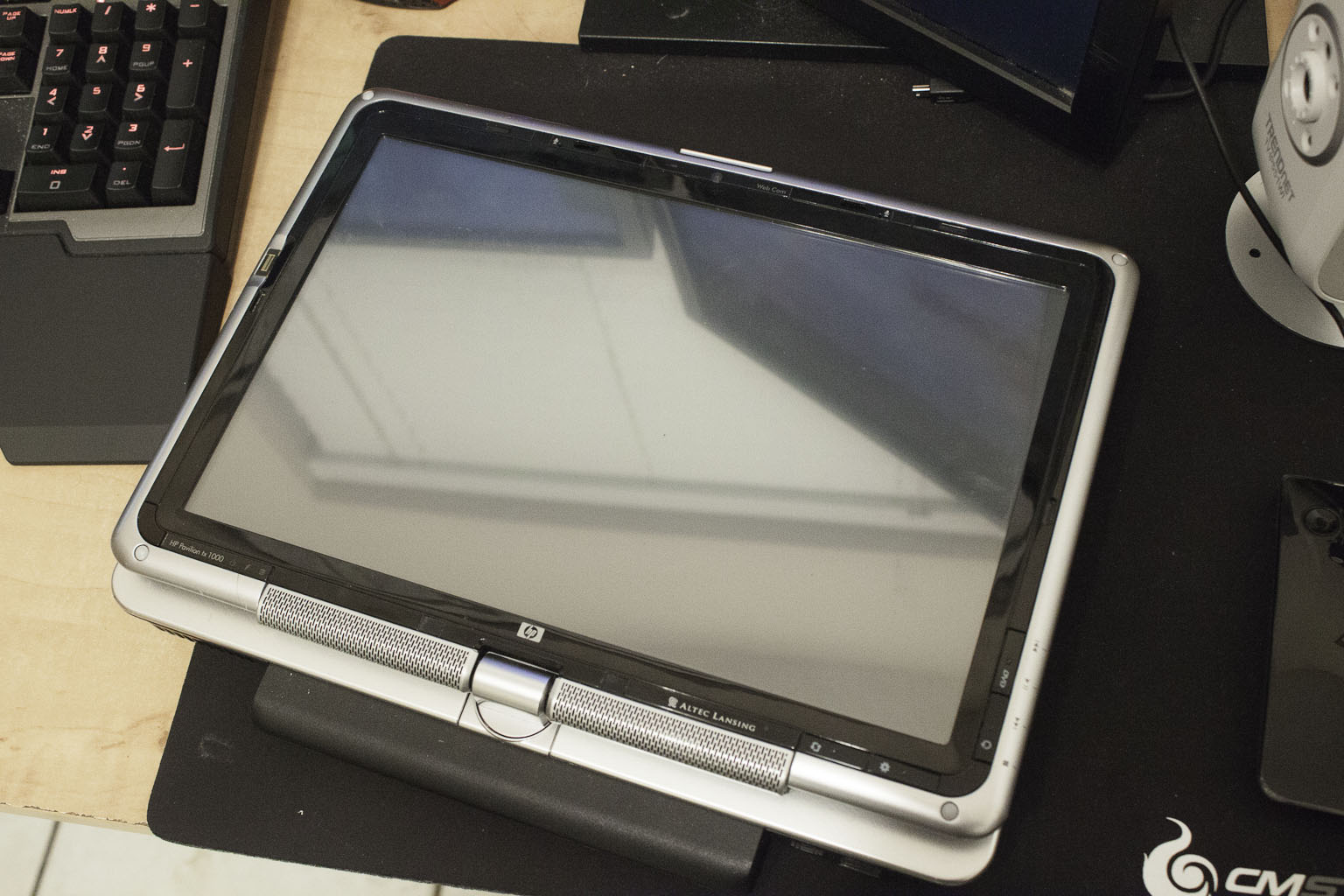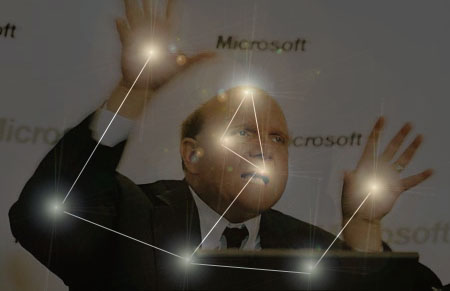The problem with most of these is that the touch screen technology at the size and resolution that Microsoft and their OEM partners needed was not there yet. We tinkered with the HP TX-1000 running Windows Vista x64 Ultimate when it first hit the market and while you could use your fingernail for many things you almost always had to resort back to using the stylus to get things done with the touch screen. Even with this limitation these products took off in certain sectors. For me the design was small and light for its time (only a 10-inch screen). It worked well for quick photo editing in the field as long as you could get a little shade.
Now the technology for touch panels is much thinner. Even running a complex dual-screen (capacitive and magnetic) is not as thick as the screen that was in that TX-1000. Still there has been no shortage of hybrid laptops in the run up to Windows 8. Even going back to CES 2010 we saw hybrids from companies like Gigabyte, MSI, Lenovo, and many more. We are not sure if the current crop of articles and comments on the rise of tablets and touch technology is simple ignorance or an attempt to show Windows 8 as a driving force in innovation. Either way it is bad for the consumer to have this type of inaccurate article shoved at them. Windows 8 does bring a few new items to the table, but it is not the driving force bringing tablets or hybrids to the market.
As with much of the press out there about Windows 8 in all of its flavors you will start to see certain sites work very hard to keep up the impression that Windows 8 is a good thing for the consumer and the market. After digging through the OS since the initial developer release we are not so sure that it is good for either. There are many security issues to be ironed out as well serious questions about Microsoft’s attempts to push their cloud services and lock users into the new OS without any option to use the operating system of their choice. It seems they (Microsoft) are very desperate to become just like Apple in terms of the way they treat their users. The problem with this move is that it is the exact opposite of why many people use Windows in the first place.
Discuss this in our Forum
Disucss this in our Forum




